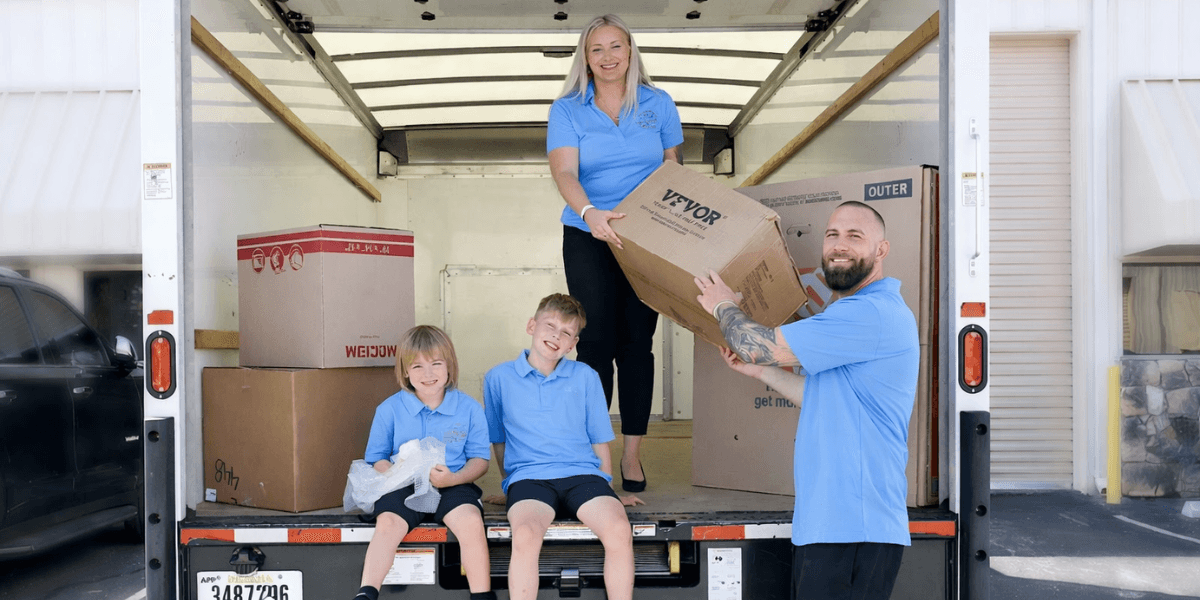newsletter
Your Daily News in Just 5 Minutes!
Featured
Families Confront the Hidden Dangers of Overmedicating Alzheimer’s Patients: Why Skilled Nursing at Home Matters Most
Oct 23, 2025

NATIONWIDE - OCTOBER 2025 - (USAnews.com) Families managing Alzheimer’s disease at home often turn to medications when behavior changes spike, yet this "quick fix" can carry serious risks. These include heavier sedation, an increased risk of falls, and potential stroke, which could all negatively impact the patient’s quality of life. A recent study from [Authoritative Source] emphasizes the importance of understanding these risks and suggests that non-drug strategies and skilled nursing oversight are critical to ensuring safe and effective care at home. This article outlines how these alternatives can help keep care humane and minimize reliance on medications.
Why Nursing Care at Home Makes a Difference
Caring for a loved one with dementia involves more than just administering medications; it requires thoughtful clinical decisions that can greatly influence day-to-day life. Skilled nursing care offers a steady routine that can help manage symptoms without over-reliance on sedatives.
Medication Review and Deprescribing: Regular medication reviews with healthcare providers can address side effects, adjust timing, and reduce unnecessary sedatives. This practice, supported by evidence from [Authoritative Source], can reduce adverse effects like sedation and the risk of falls.
Spotting Drug-Related Issues Early: Skilled nurses are trained to identify new symptoms, such as drowsiness, gait changes, or confusion, which could be indicative of adverse drug reactions. These issues can be addressed promptly before they escalate into more serious problems.
Non-Drug Calming Techniques: Approaches such as validation, redirection, music therapy, and sensory routines have been shown to lower distress without relying on medication. These methods are effective in promoting a calm environment, reducing the need for chemical restraints.
Chronic Condition Management: Regular attention to chronic conditions, like blood pressure, blood sugar, and wounds, ensures that these are managed with appropriate treatments rather than sedatives.
Family Peace of Mind: Clear communication about what behaviors to track and when to involve healthcare professionals helps families feel more confident in managing care at home.
Picking the Right Level of Support
Every family’s needs are different. Here’s how various levels of care can support Alzheimer's patients:
Companion Care: Helps with company, errands, and light tasks, ideal for routine maintenance but not sufficient for managing medication changes.
Personal Care (Aides/Attendants): Offers hands-on help with activities such as bathing, dressing, and mobility, which is essential during more challenging days.
Skilled Nursing: Provides more intensive care, including assessment, medication setup, side-effect monitoring, and coordination with physicians.
Blended Services: Many families find that combining daily personal care assistance with regular nurse visits provides the most effective balance, addressing both routine care and the need for medical oversight.
Don’t Wait for a Crisis
The strongest takeaway from studies like [Study Name or Source] is that proactive care is essential. Regular nursing visits, even as infrequent as once a week, can prevent the need for emergency interventions and minimize the use of unnecessary medications. This ensures that the goal of keeping the patient at home remains realistic and achievable.
The Role of Family in Supporting In-Home Dementia Care
Family members play a vital role in the success of in-home dementia care. They can provide valuable insights into changes in sleep patterns, appetite, and behavior, which can inform care plans. Participating in care discussions and supporting non-drug strategies can significantly reduce stress, improve safety, and protect the dignity of the patient, without relying on sedation to maintain peace.
The Future of Home Healthcare
Telemedicine, pharmacist-guided medication reviews, and wearable technology are revolutionizing how we manage Alzheimer’s care. These tools can help detect side effects early and support deprescribing efforts, allowing healthcare providers to adjust care routines as needed. Remote check-ins not only help clinicians assess physical symptoms but also offer families ongoing support to ensure better outcomes.
When Alzheimer’s care is stable, the home environment can remain a place of comfort and connection. With skilled oversight and non-drug strategies, families can ensure that their loved ones experience meaningful moments, even amid the challenges of dementia.
Link to Full Article: The Hidden Cost of Overmedicating Alzheimer’s Patients, And What Families Can Do Instead
Media Contact:
Sorelys Torres
World Health
sorelys@worldhealth.com
USA News Contributor
This article features partner, contributor, or branded content from a third party. Members of the USA News’ editorial staff were not involved in the creation of this content. All views and opinions are those of the contributor alone.
This article features partner, contributor, or branded content from a third party. Members of the USA News’ editorial staff were not involved in the creation of this content. All views and opinions are those of the contributor alone.
This article features partner, contributor, or branded content from a third party. Members of the USA News’ editorial staff were not involved in the creation of this content. All views and opinions are those of the contributor alone.
This article features partner, contributor, or branded content from a third party. Members of the USA News’ editorial staff were not involved in the creation of this content. All views and opinions are those of the contributor alone.
Related blogs
Related blogs
Copyright 2025 USA NEWS all rights reserved
newsletter
Get daily news directly in your inbox!
Copyright 2025 USA NEWS all rights reserved
newsletter
Get daily news directly in your inbox!
Copyright 2025 USA NEWS all rights reserved
Copyright 2025 USA NEWS all rights reserved













